At RWAP, we’re passionate about delivering exceptional gate fabrication and installation services that exceed our clients’ expectations. Our team of experienced professionals is committed to using only the highest quality materials and workmanship to fabricate and install gates that are long-lasting and reliable. We take pride in working closely with our clients to understand their vision and deliver the best possible results for their residential or commercial property. Whether you need a new automatic gate or a custom-design gate, we have the expertise to deliver exactly what you need. Choose RWAP for gate fabrication and installation services that you can trust.
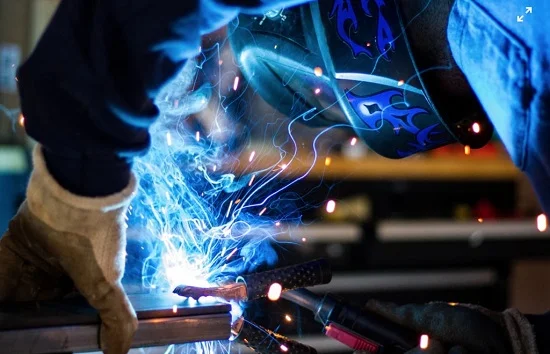
Automatic gate fabrication involves the manufacturing or construction of gates that are equipped with automated systems for opening and closing. These gates are commonly used in residential, commercial, and industrial settings to provide security, convenience, and access control.
Overall, automatic gate fabrication requires specialized knowledge, skills, and equipment to produce high-quality gates that meet the needs of the customer while providing reliable and secure access control.
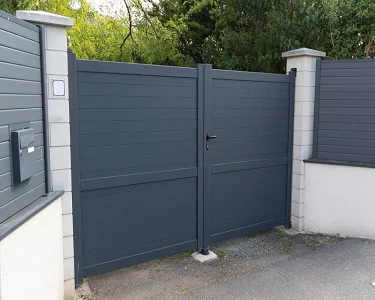
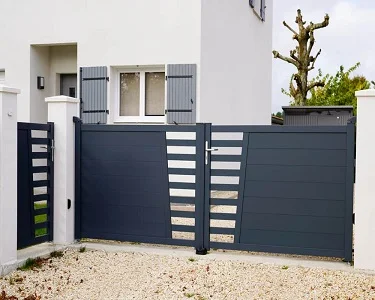
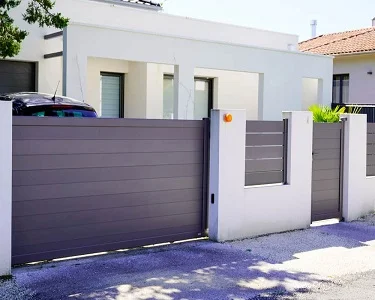
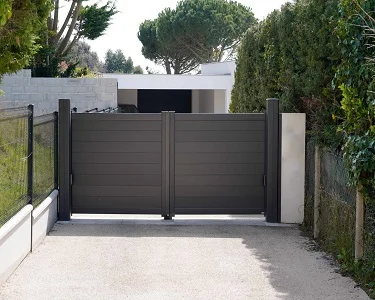
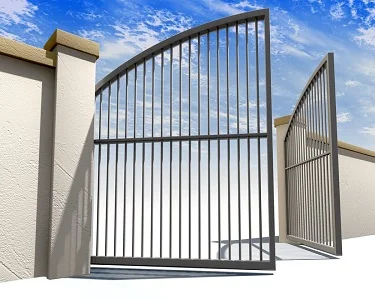
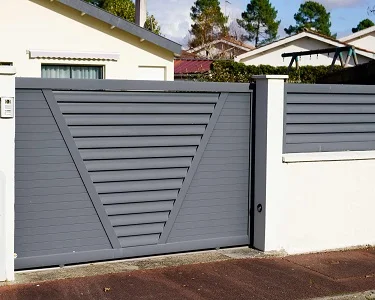
Here’s a breakdown of the typical steps involved in gate fabrication:
Design: The first step is to design the gate according to the customer’s requirements, considering factors such as size, style, functionality, and aesthetics.
Material Selection: Based on the design specifications, the appropriate materials are selected. Common materials for gate fabrication include steel, aluminum, wrought iron, wood, and composite materials.
Cutting and Shaping: The selected materials are then cut and shaped according to the design. This may involve using various tools and techniques such as sawing, shearing, bending, and machining.
Welding and Assembly: If the gate is made of metal, welding is typically used to join the individual components together. This includes welding the frame, bars, hinges, and other parts to create the structure of the gate. For non-metallic gates, assembly methods such as bolting or adhesives may be used.
Finishing: Once the gate is assembled, it undergoes finishing processes to improve its appearance and durability. This may include sanding, grinding, painting, powder coating, or applying protective coatings to enhance corrosion resistance.
Installation: Finally, the fabricated gate is installed at the desired location, whether it’s for residential, commercial, or industrial purposes.
Commercial gate fabrication and installation can be a complex and involved process, but the result is always worth it. There are many types of commercial gates, and each one has its own unique benefits and drawbacks. The first step in choosing the right gate for your business is to determine what type of security and privacy you need. Do you require a high-security gate to protect valuable assets, or a more basic gate to keep out trespassers?
Once you know what type of security required, you can begin to narrow down your choices of materials that gates can be made from, each with its advantages and disadvantages.
The most common type of commercial gate “local councils, Parks, Schools” is the chain-link fence, which is made from interwoven metal wires. Chain-link fences are strong and durable, making them an excellent choice for security purposes. However, they can be difficult to install and are not always the most aesthetically pleasing option. But you can use Aluminium Louvre to match the facade of the building










FIND US
OPERATING HOURS
Mon-Fri: 7:00AM – 5:30PM
Sat: 8:00AM – 3:00PM
Sun: Closed
One of our Sale Representatives will contact you ASAP